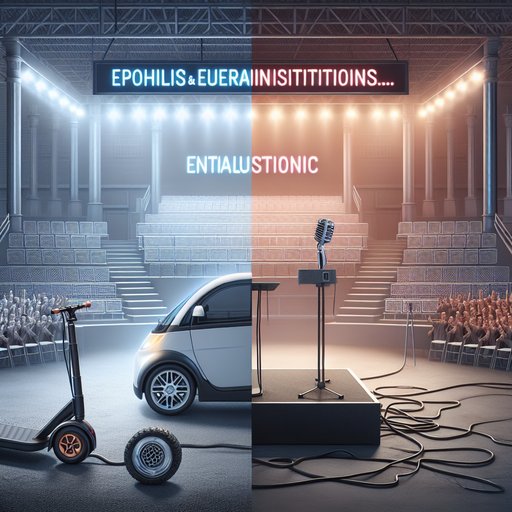
In a significant development for autonomous driving technology, Japanese automotive manufacturer Isuzu has announced plans to develop a dedicated autonomous driving test course. The new facility represents a major step forward in Japan's commitment to advancing self-driving vehicle technology and establishing standardized testing protocols for autonomous vehicles [1].
The new testing facility will be designed specifically to evaluate and validate autonomous driving systems under various conditions and scenarios. This development comes as automakers worldwide are racing to perfect self-driving technology while ensuring the highest safety standards.
The test course will feature multiple environments simulating real-world driving conditions, allowing manufacturers to assess how autonomous vehicles handle different situations. This controlled testing environment will be crucial for developing and refining autonomous driving technologies before they are deployed on public roads.
This initiative aligns with Japan's broader strategy to position itself as a leader in autonomous vehicle development. The facility will not only serve Isuzu's testing needs but could potentially become a standardized testing ground for other manufacturers developing autonomous vehicles in the region.
The project demonstrates the growing importance of dedicated testing facilities in the autonomous vehicle sector, as manufacturers and regulators seek to ensure the safety and reliability of self-driving technologies before their widespread adoption on public roads.
















